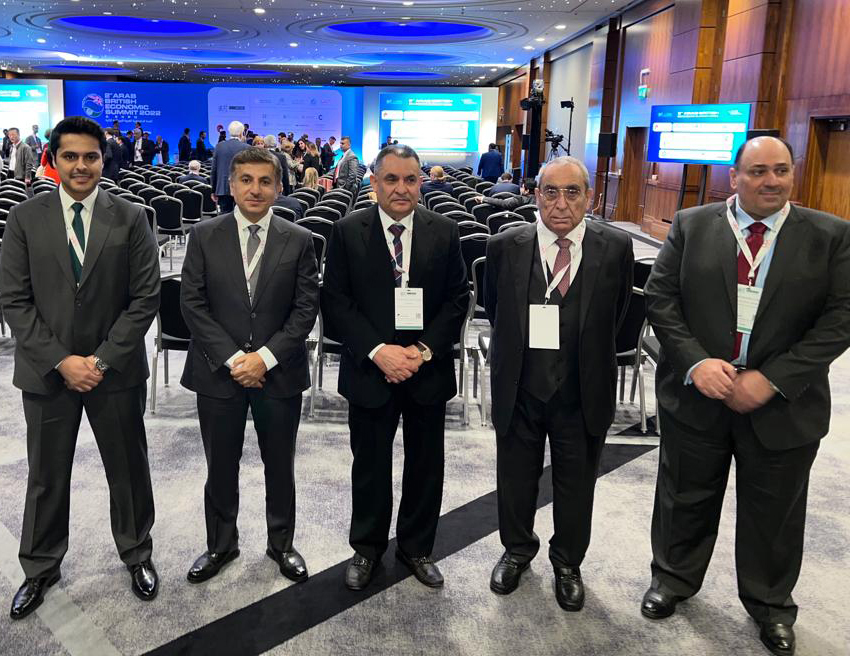LONDON: Solid political relations are often forged on the bedrock of shared economic and trade benefits, Kuwait's Chamber of Commerce and Industry Chairman Mohammad Al-Saqer told an Arab-UK economic summit on Wednesday. Underlining Kuwait's eagerness to join such gatherings, he told KUNA on the sidelines of the 2nd Arab-British Economic Summit that Britain's ties with the wider Arab region dates back more than two centuries.
Echoing the Kuwaiti official's sentiments, Qatar's chamber of commerce chief Sheikh Khalifa Al-Thani said Gulf Cooperation Council member states are among Britain's most trusted trade partners, pointing out that bilateral trade between London and the Gulf Arab bloc was worth $38 billion last year.
Britain's Trade Commissioner for the Middle East Simon Penney affirmed Wednesday his country's commitment to achieving the free trade agreement with the GCC at the nearest possible opportunity. In his speech during the summit in London, Penney stated that the aim of the trade agreement is not to increase British exports to Arab markets, but to develop a sturdy economic partnership. He clarified the role of the British government, saying that it could be summarized in three main axes - exports, investments and trade policy.
Penney revealed that value of British exports to Arab states reached £28 billion ($32.23 billion) with 80 percent to Gulf countries ($25.7 billion). Gulf states, Penney commented are the UK's third largest trade partner outside of the EU, adding that after that coronavirus pandemic Saudi Arabia became the largest market for British exports to the Gulf region.
Chief negotiator for the free trade agreement, Tom Wintle, called for accelerating pace of negotiations to reach a comprehensive agreement that meets the aspirations of the people. He stated that the Gulf region is quite vital to Britain due to historical relations on various fronts, adding that economically these relations have the potential to grow even bigger, and the free trade agreement is the exemplary way to achieve this joint vision.
Wintle illustrated that the agreement would allow for lifting customs barriers, easing trade, opening markets and creating opportunities, commenting that experts forecast that the free trade agreement would propel a 20 percent increase in trade value by 2035. The first round of negotiations took place between August 22 and September 29 over 33 sessions and more than 100 British negotiators. Participating in the second summit are numerous Arab representatives, British officials and economic experts from various countries. - KUNA



